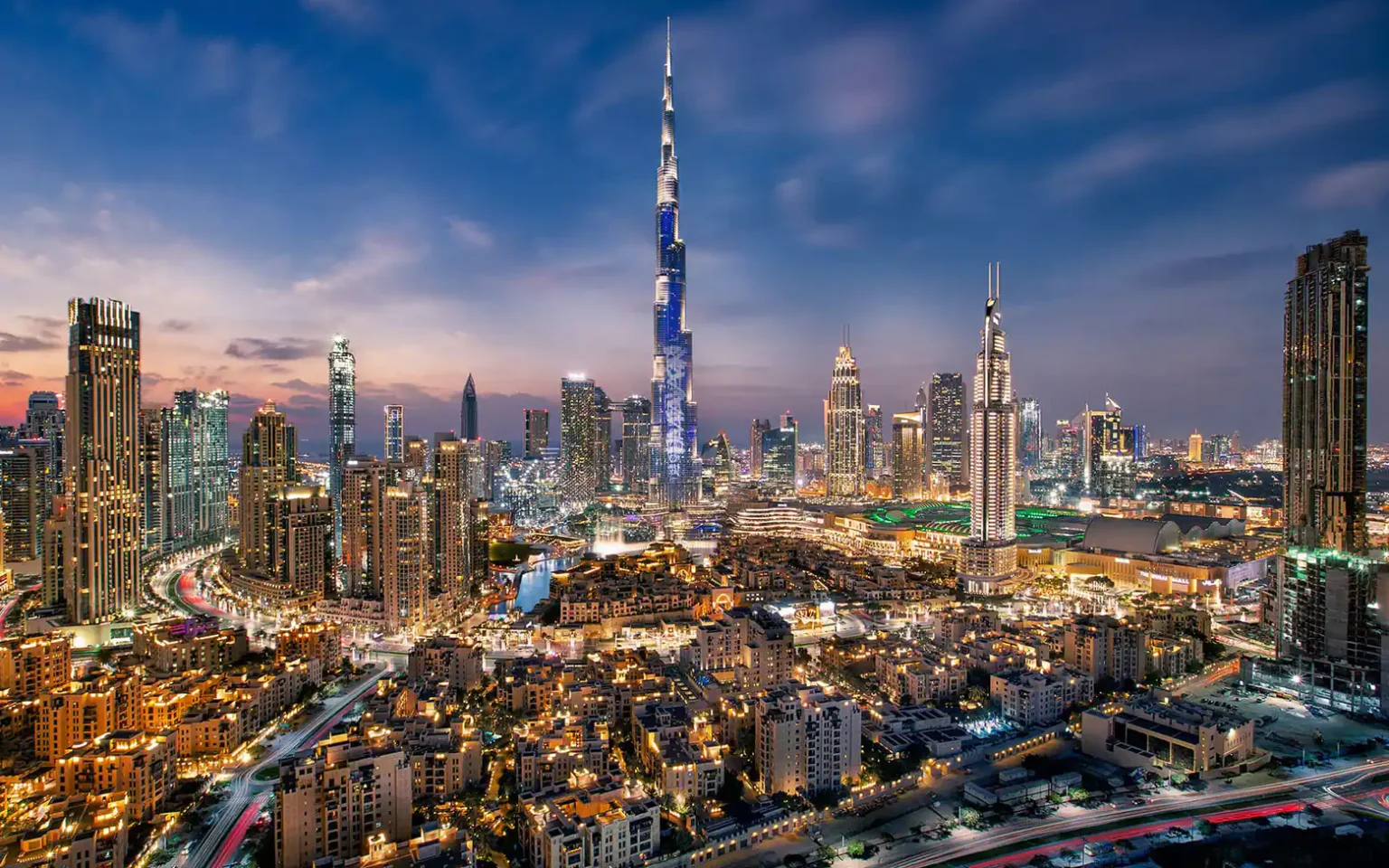Smart cities are transforming how people live, work, and move around. In the Gulf region, some cities have become pioneers in adopting advanced technology to improve daily life. These smart cities use innovations in data, communication, and infrastructure to offer better services, reduce pollution, and create safer, more convenient environments for residents and visitors.
In this article, we will explore the top 5 smart cities in the Gulf. Each city is unique in how it uses technology to solve problems and improve quality of life. Let’s dive in to learn what makes these cities the future of urban living.
1. Dubai, United Arab Emirates
Dubai is often seen as a symbol of innovation and growth. It has embraced smart city technologies on a large scale, making it one of the most advanced smart cities in the Gulf.
Dubai’s smart initiatives include smart traffic systems, which use sensors and AI to control traffic flow and reduce congestion. The city also uses smart meters to monitor electricity and water usage, helping residents save resources and costs.
Moreover, Dubai’s government services are highly digitized, allowing people to complete many tasks online, from paying bills to renewing licenses. This ease of access saves time and improves satisfaction.
One of the most exciting projects in Dubai is the development of smart districts like Dubai Silicon Oasis and Dubai Internet City, which serve as hubs for technology companies and startups.
2. Riyadh, Saudi Arabia
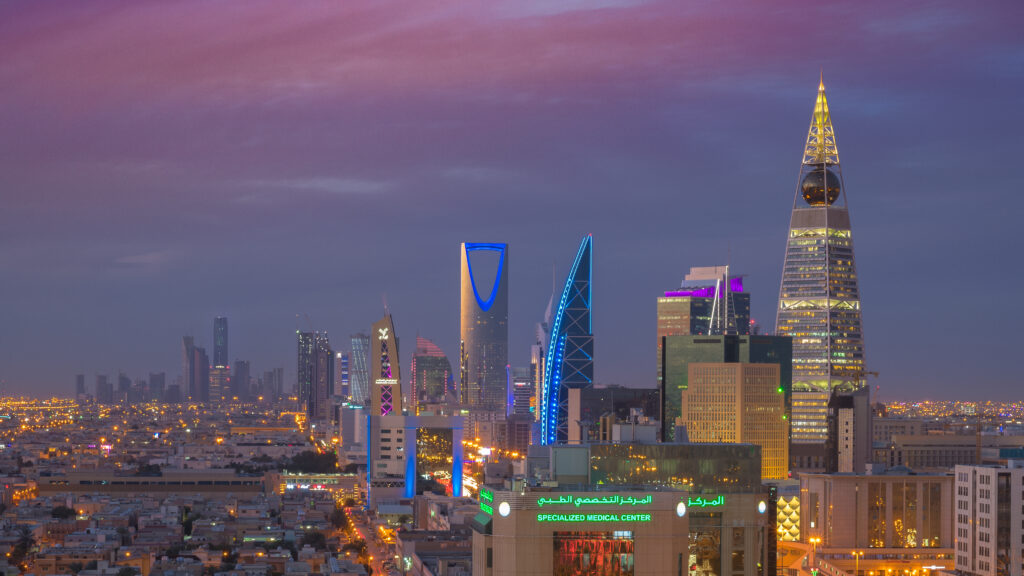
Riyadh, the capital of Saudi Arabia, is quickly becoming a leader in smart city development. The city is part of the Saudi Vision 2030 plan, which aims to diversify the economy and improve living standards.
Riyadh uses smart technology to enhance public safety, including advanced surveillance systems and emergency response tools. The city’s new transport projects, like the Riyadh Metro, are designed to be smart and eco-friendly, reducing traffic and pollution.
Riyadh is also focusing on smart health services, offering telemedicine options and digital health records to make healthcare easier to access.
The city is investing in smart buildings and renewable energy, showing a commitment to sustainability while expanding its urban landscape.
3. Doha, Qatar
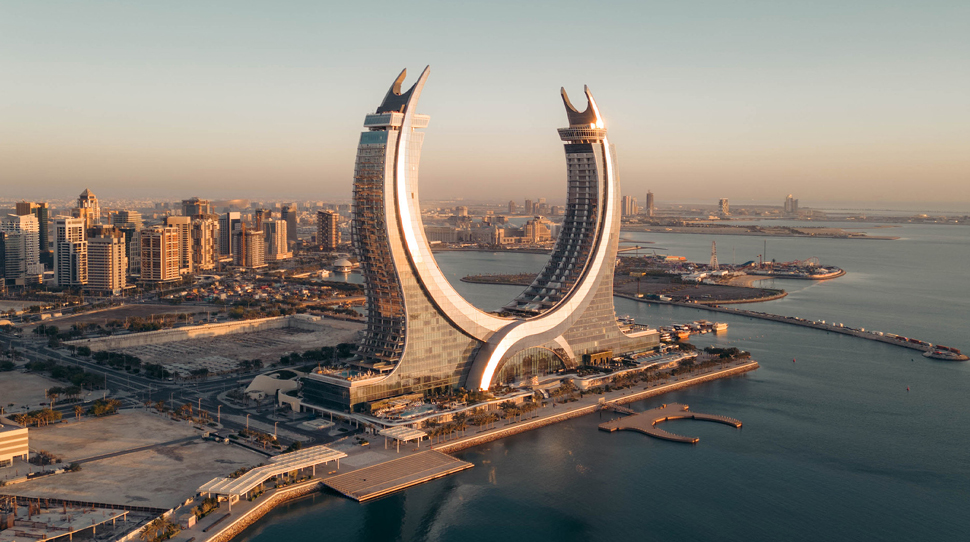
Doha is another smart city in the Gulf that has made impressive progress. With Qatar’s National Vision 2030 supporting smart initiatives, Doha is focused on becoming a knowledge-based economy.
The city has implemented smart parking systems to reduce the time drivers spend searching for spots. It also uses sensors to monitor air quality and noise levels, ensuring a cleaner and more comfortable environment.
Doha’s government services have moved online, making many public processes more efficient. The city has also introduced smart lighting in streets and public areas to save energy.
The upcoming World Cup 2022 also pushed Doha to upgrade its infrastructure with smart technology to handle crowds and improve security.
4. Abu Dhabi, United Arab Emirates
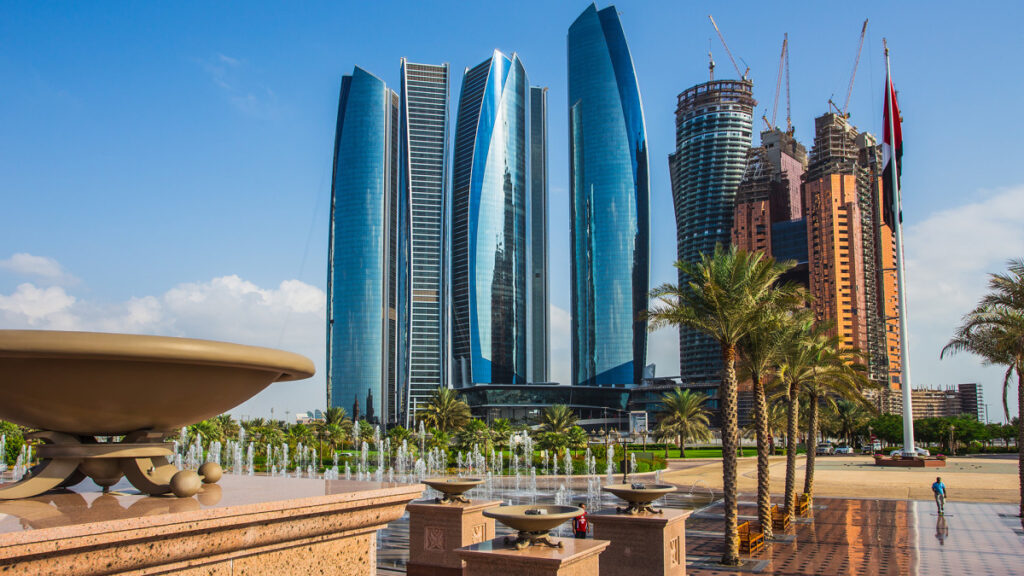
Abu Dhabi is another UAE city making big strides as a smart city. It focuses on sustainability, clean energy, and improving public services through technology.
Abu Dhabi’s smart initiatives include an integrated transportation system, which combines buses, taxis, and metro services managed through smart apps for easy access.
The city uses smart grids for electricity distribution, which helps reduce energy waste and costs. It also promotes smart water management to protect this vital resource in the desert climate.
Abu Dhabi’s government uses big data to plan and improve city services, ensuring the needs of residents are met quickly and efficiently.
5. Manama, Bahrain
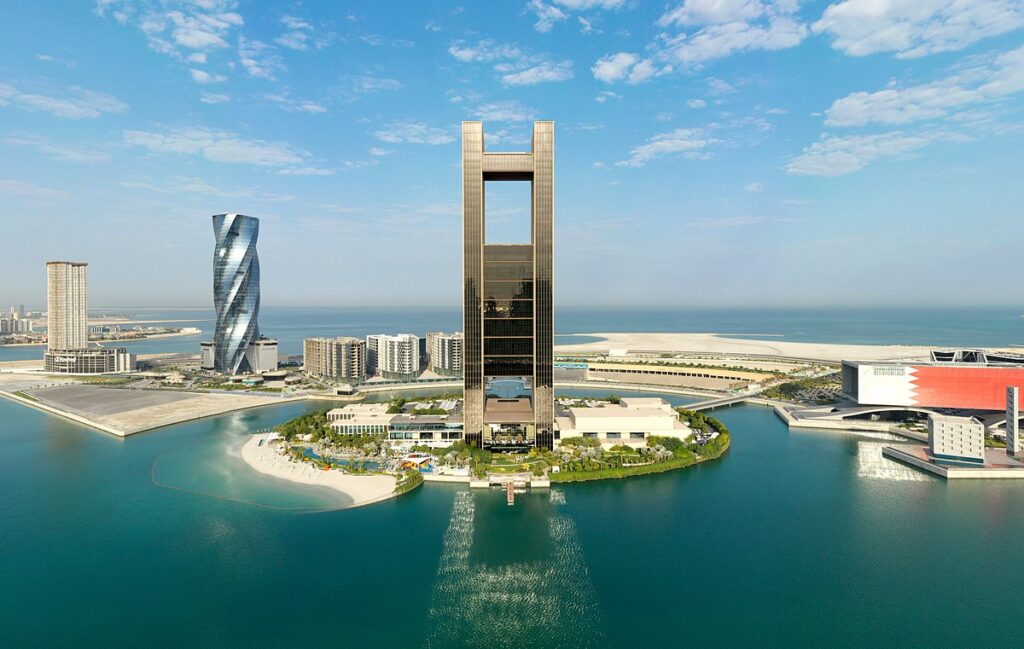
Manama, the capital of Bahrain, is an emerging smart city in the Gulf. It focuses on using digital tools to enhance government services and business growth.
Manama has introduced e-government platforms that allow people to access public services online. The city is also developing smart transport solutions to ease traffic and encourage the use of public transit.
Efforts to improve safety include smart street lighting and surveillance cameras. Manama is investing in technology hubs to attract startups and create a vibrant tech ecosystem.
The city’s commitment to innovation is helping it grow as a modern smart city while preserving its cultural heritage.
Why Smart Cities Matter in the Gulf
The Gulf region faces unique challenges such as harsh climates, rapid population growth, and reliance on natural resources. Smart city projects address these issues by improving efficiency, reducing waste, and offering better services.
Smart cities also create new economic opportunities, attracting investments and talents. They improve sustainability by promoting renewable energy, reducing emissions, and managing water wisely.
For residents, smart cities mean safer streets, cleaner air, and more convenience in everyday life. Digital government services save time, and smart transport systems reduce traffic stress.
What the Future Holds
The smart city journey in the Gulf is ongoing. Cities are expanding their use of technology with plans for artificial intelligence, blockchain, and the Internet of Things (IoT) to make urban life even better.
The Gulf’s smart cities are not just about technology but also about creating human-centered environments where people can live healthy, happy, and productive lives.

